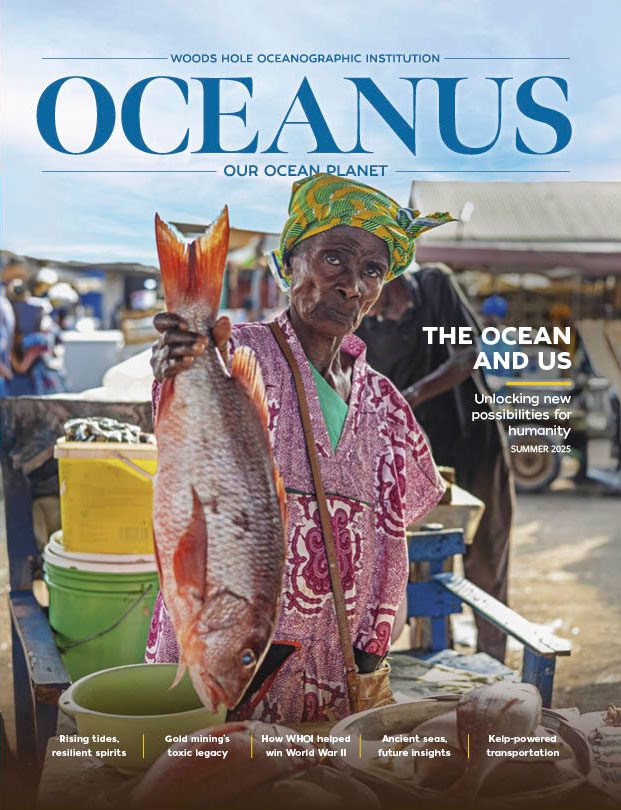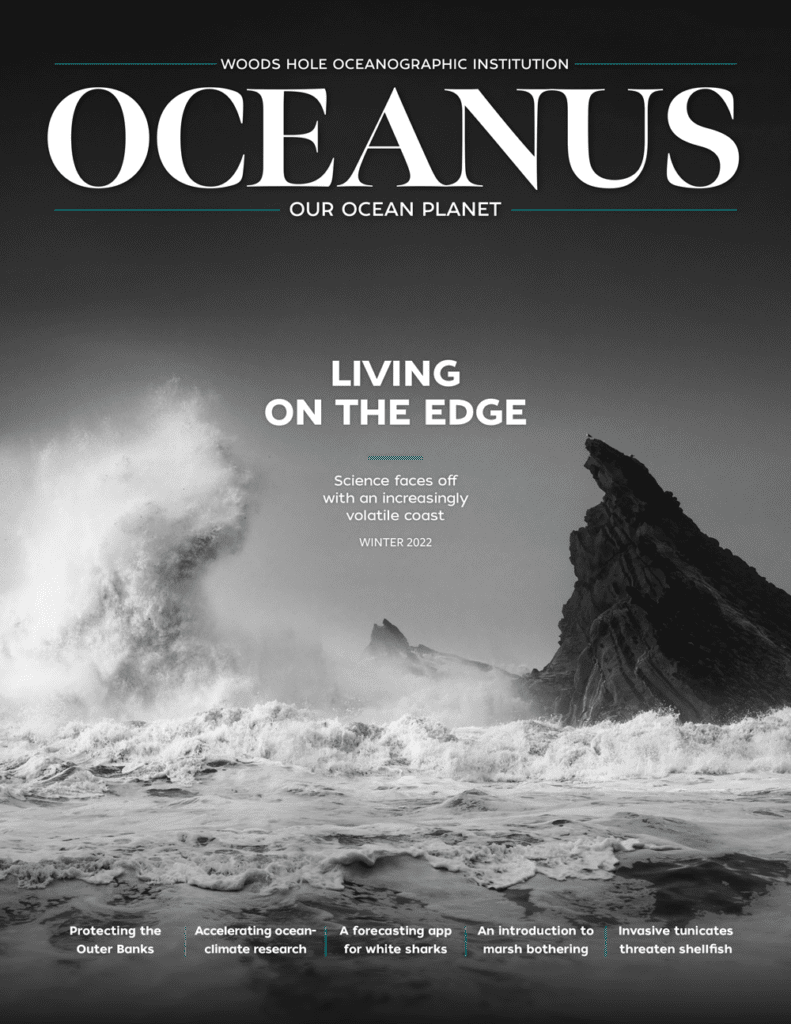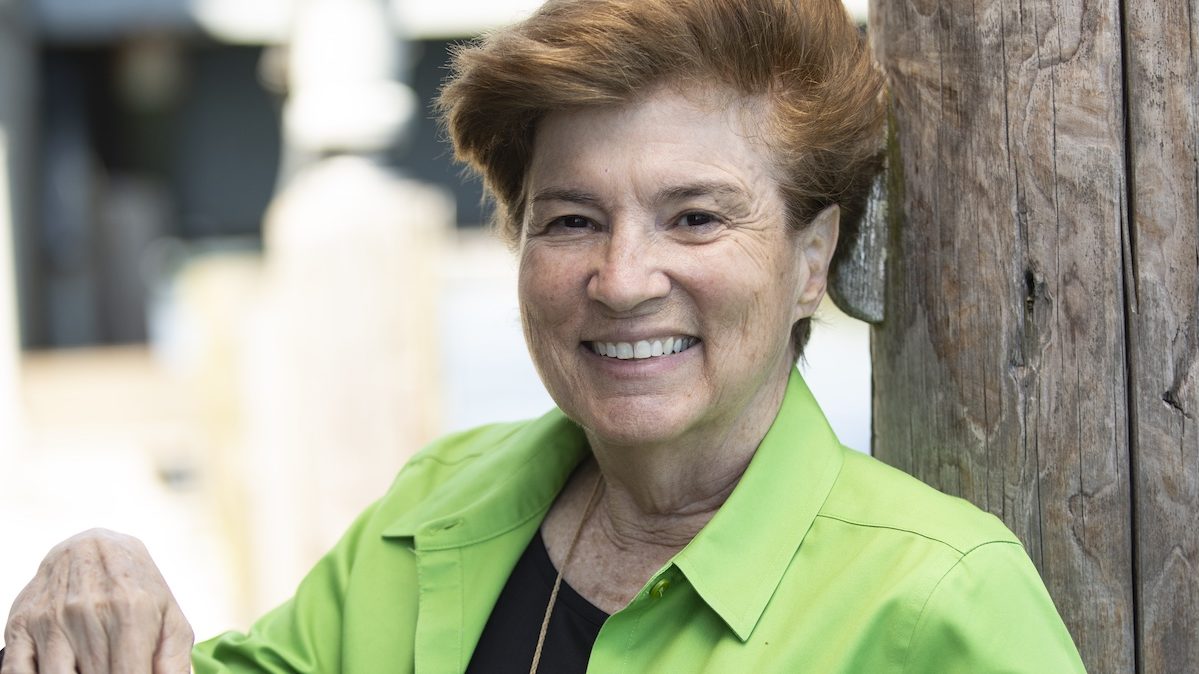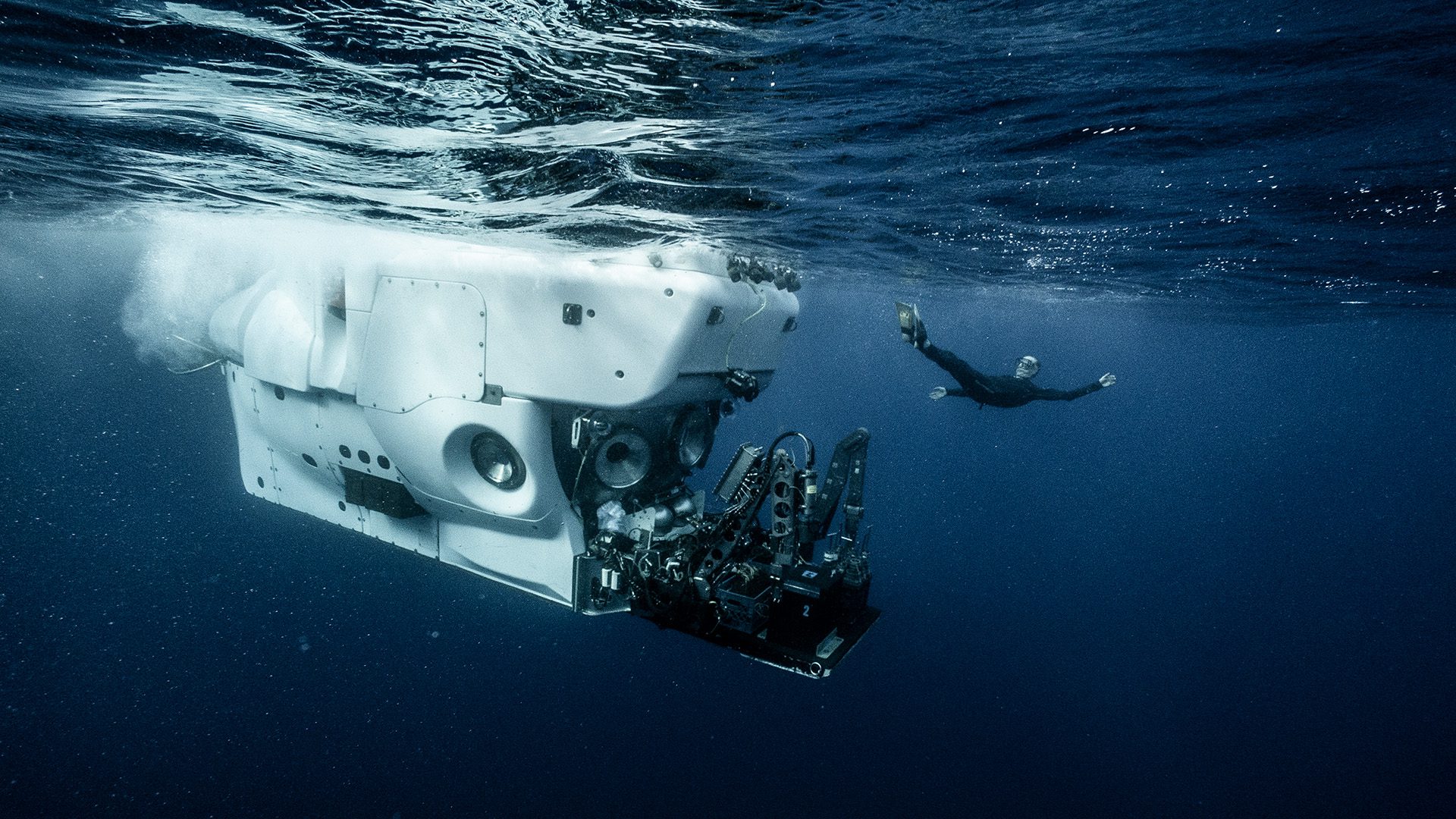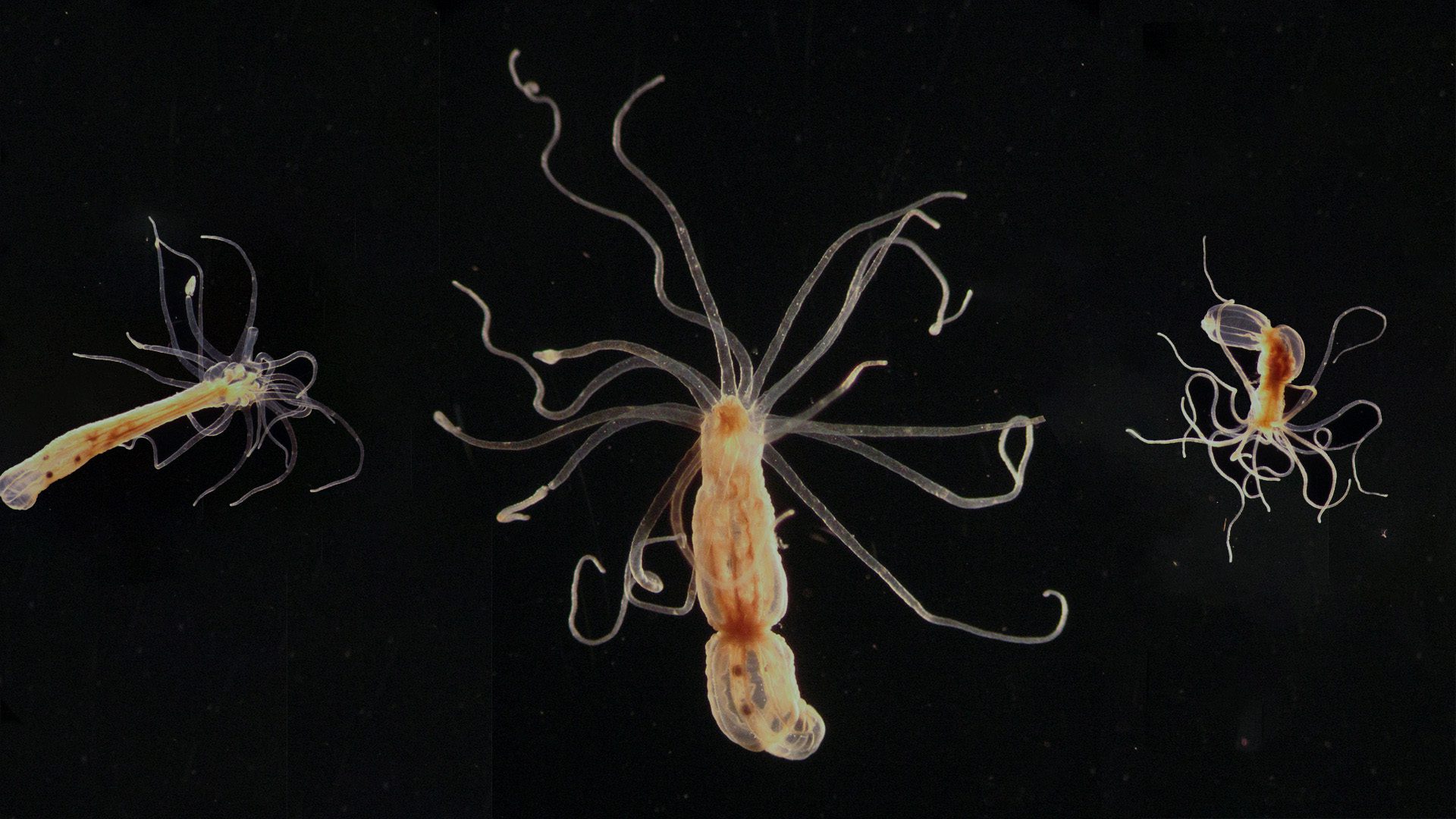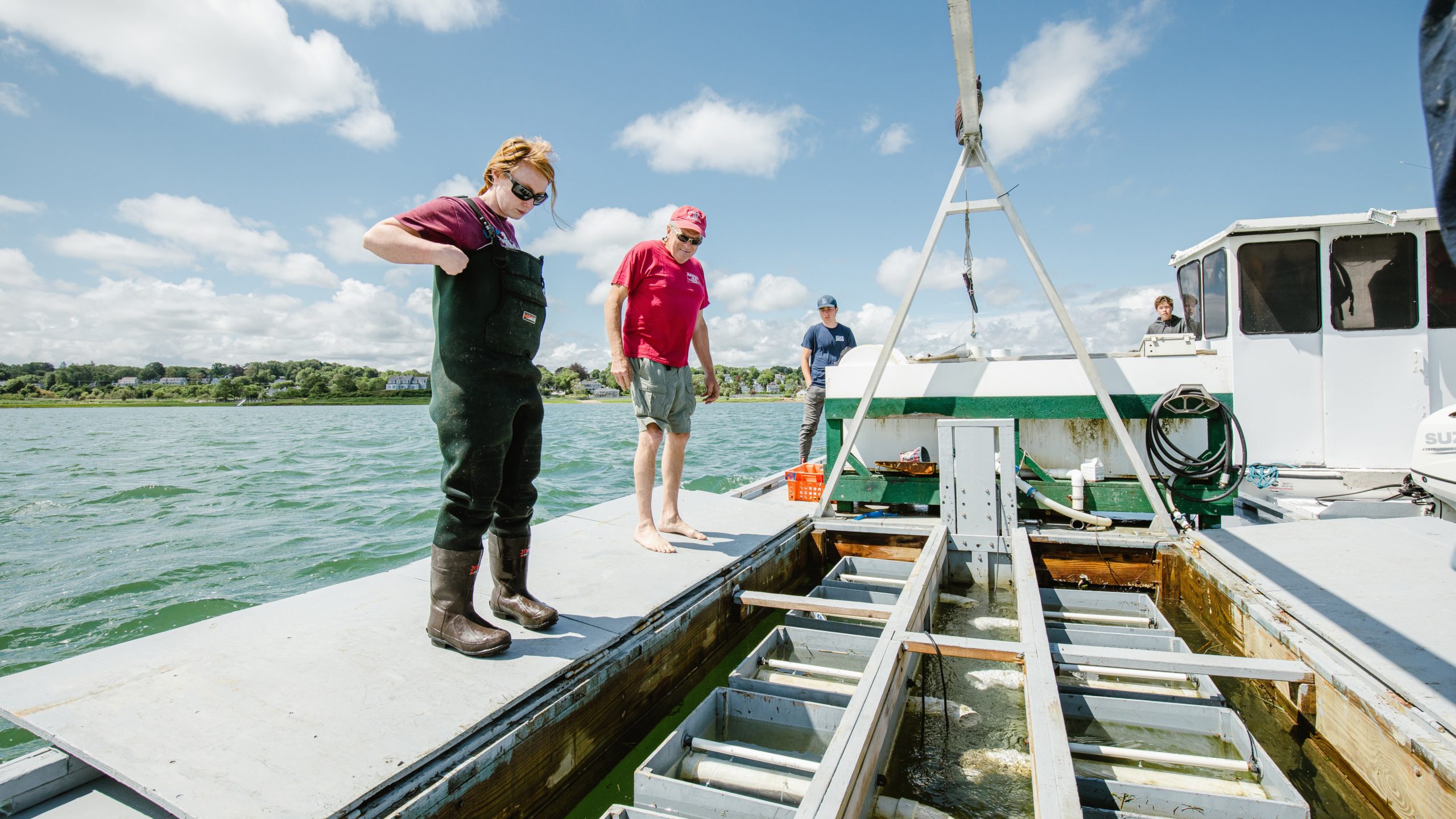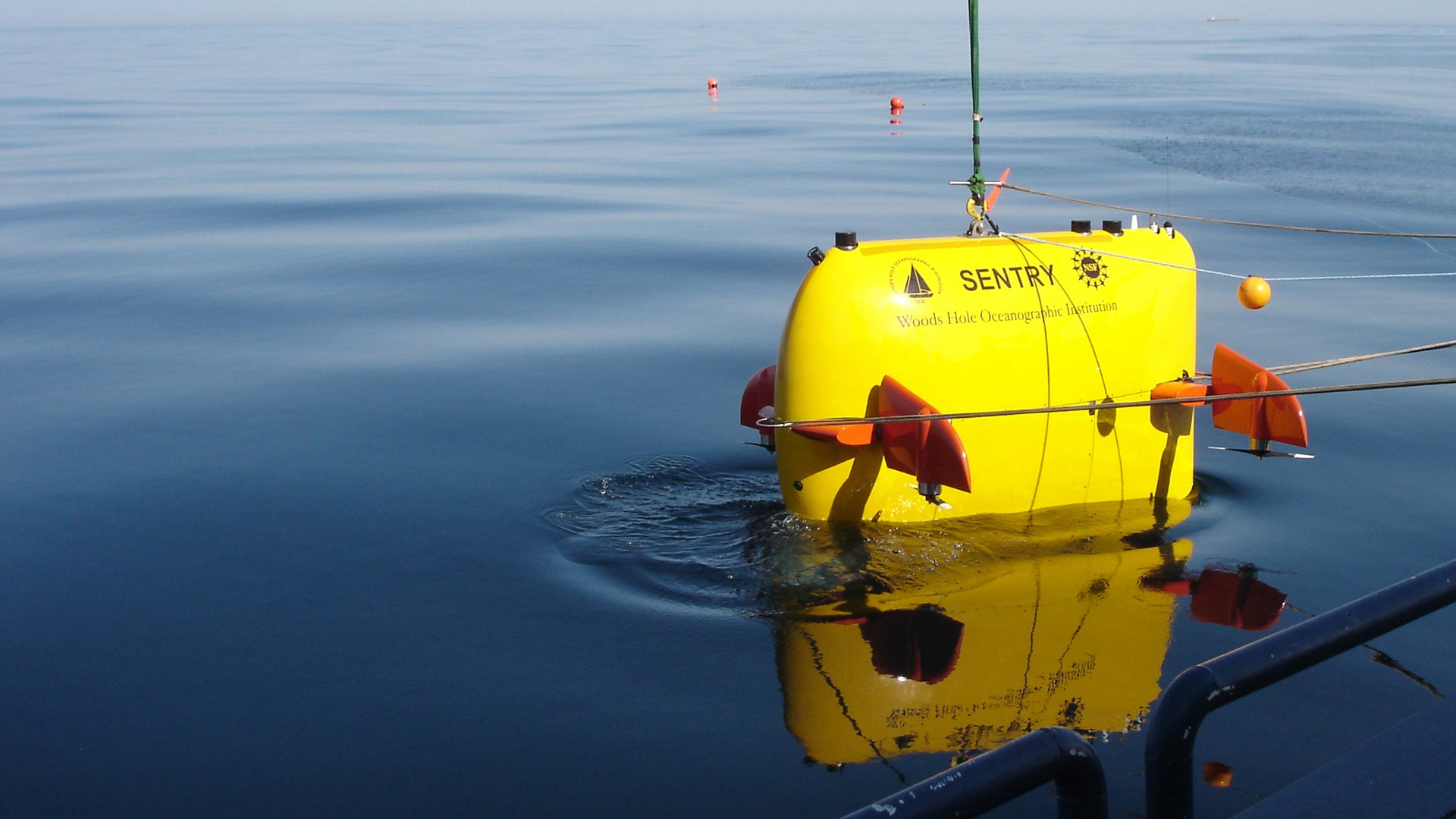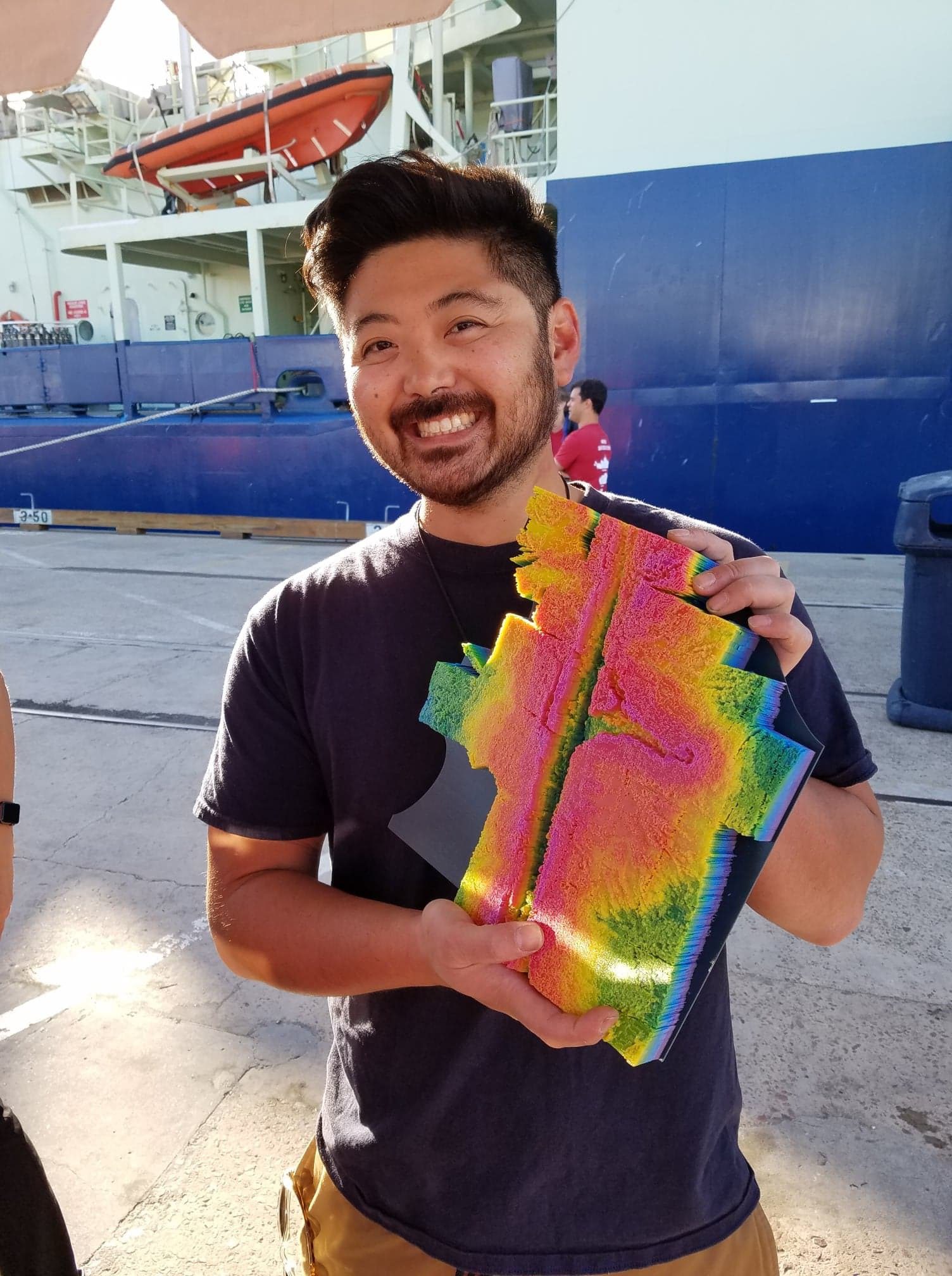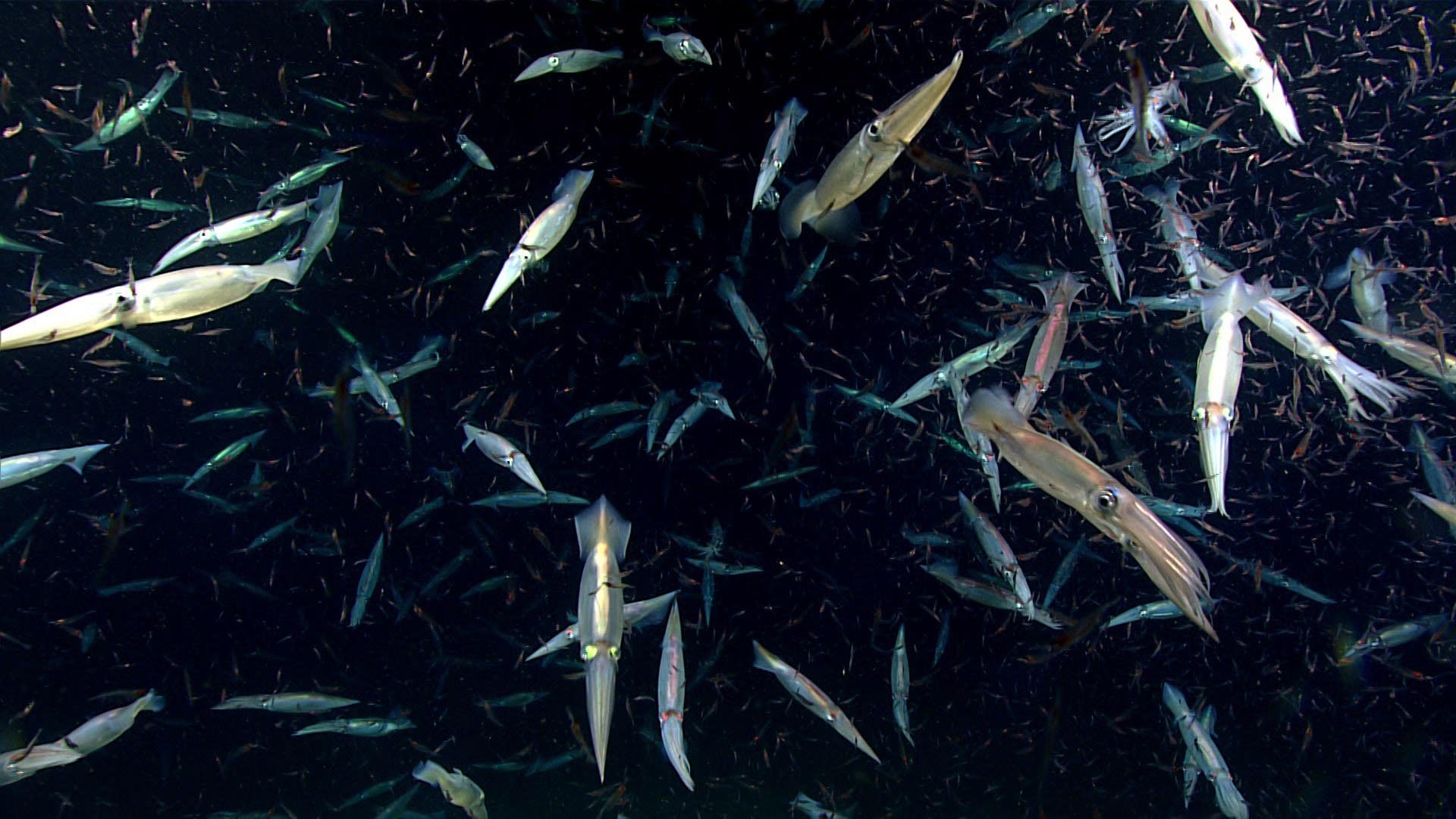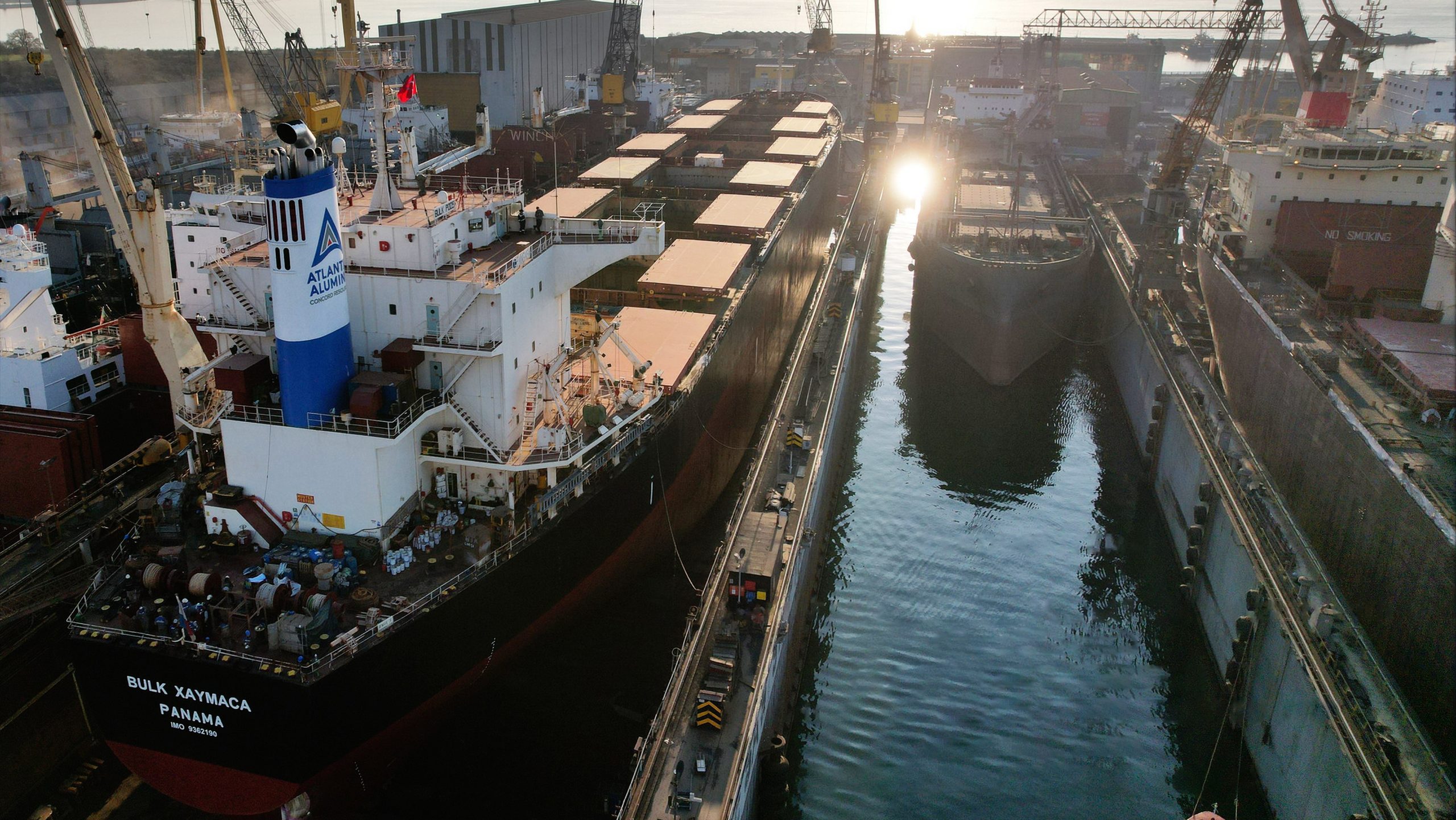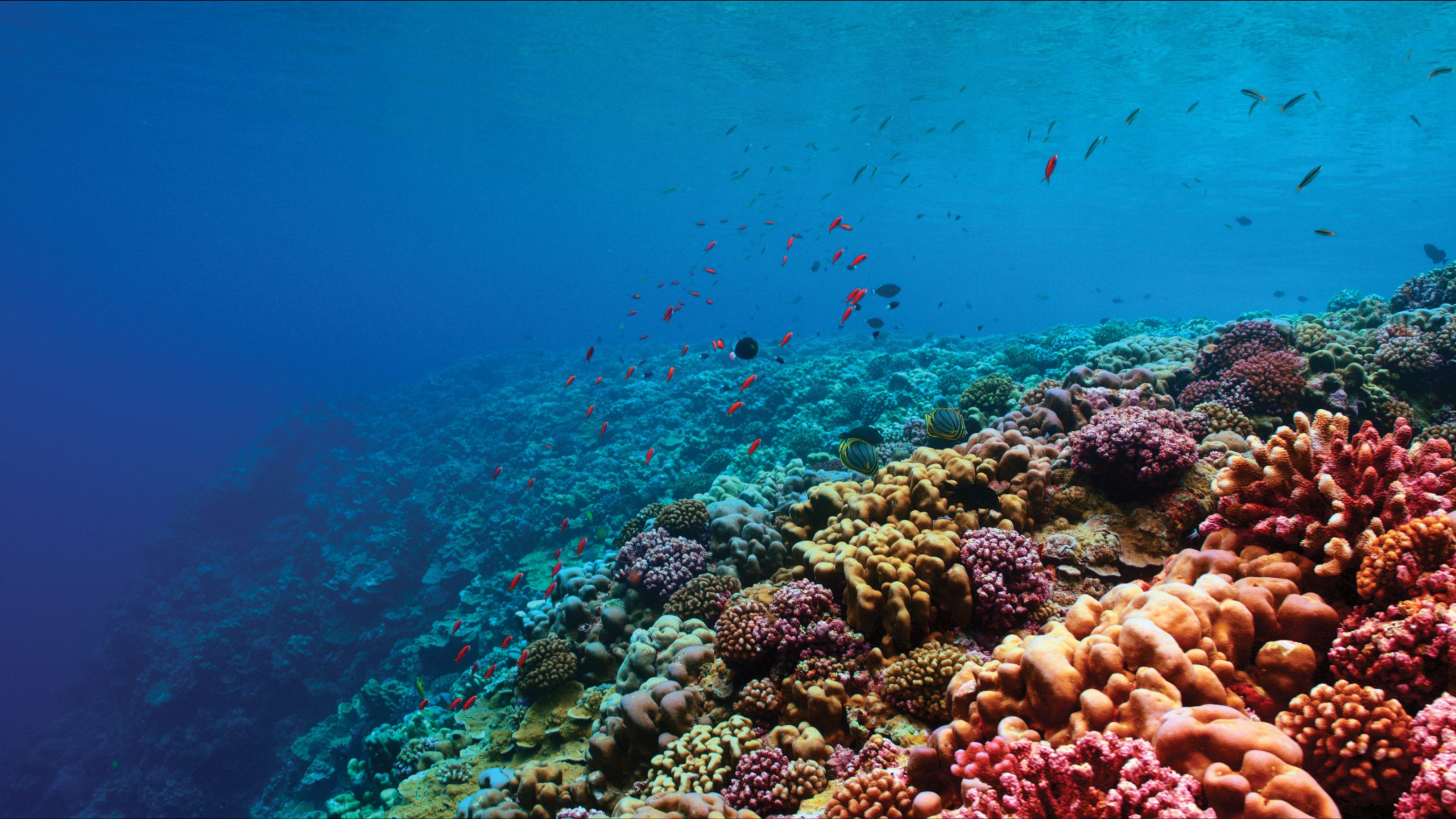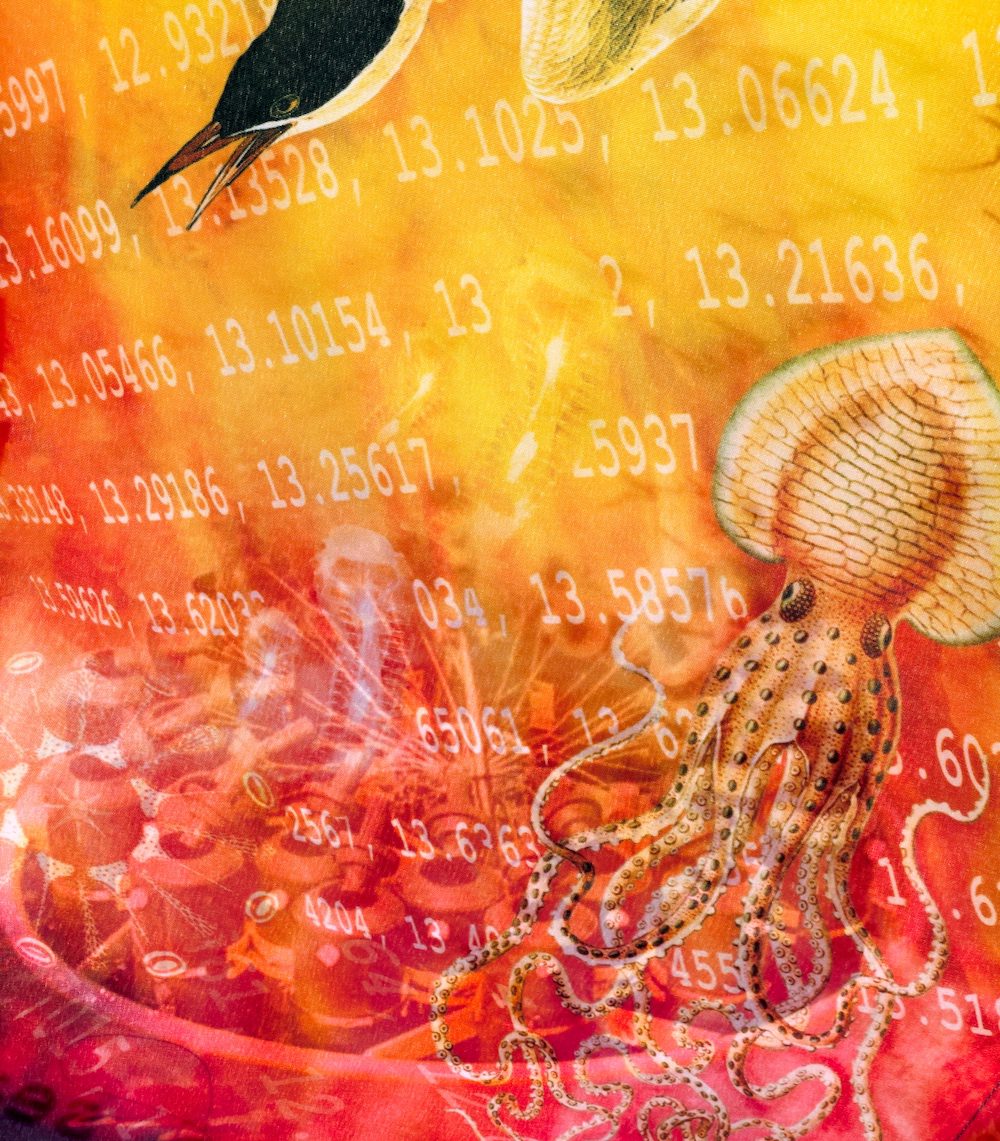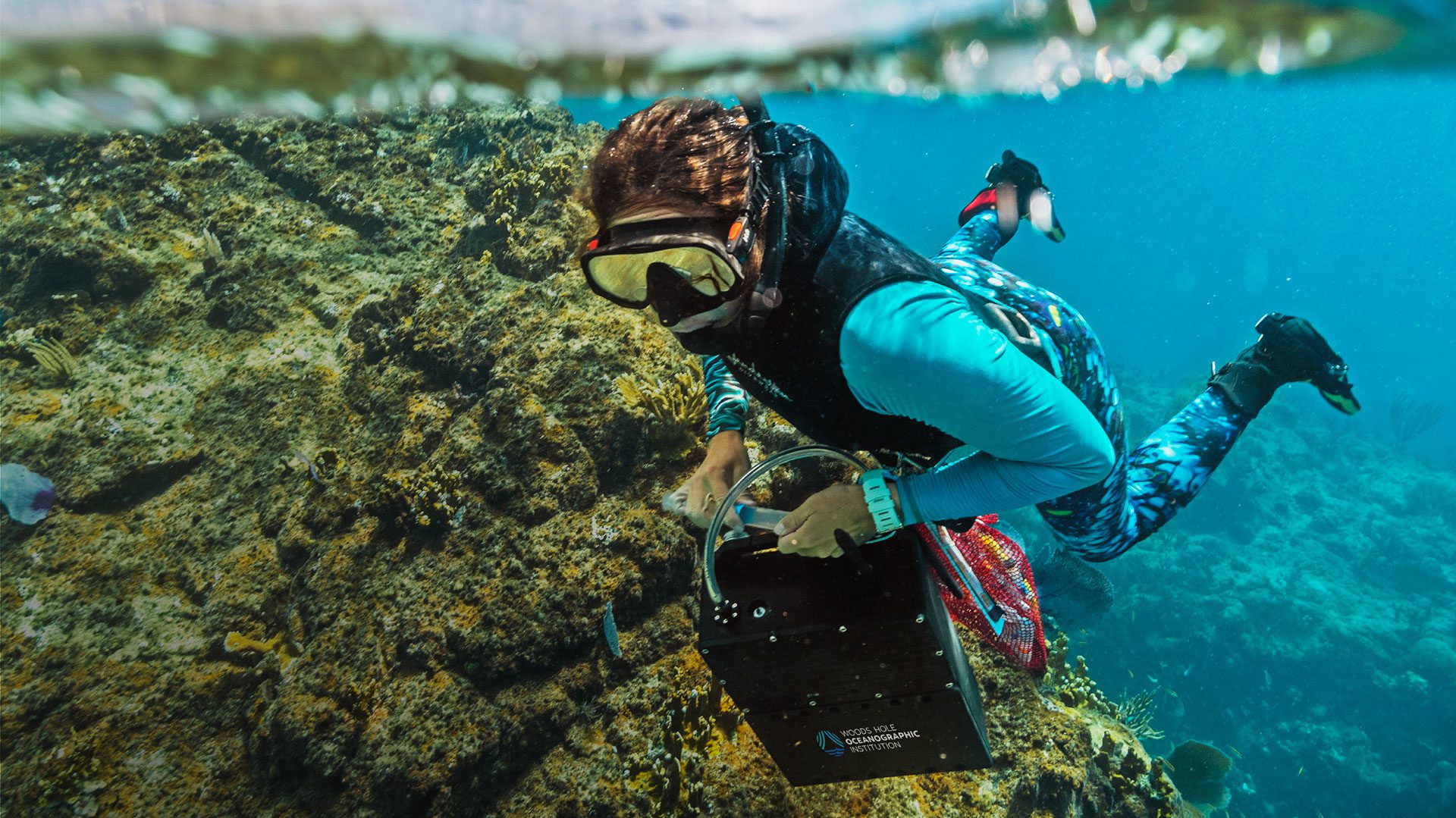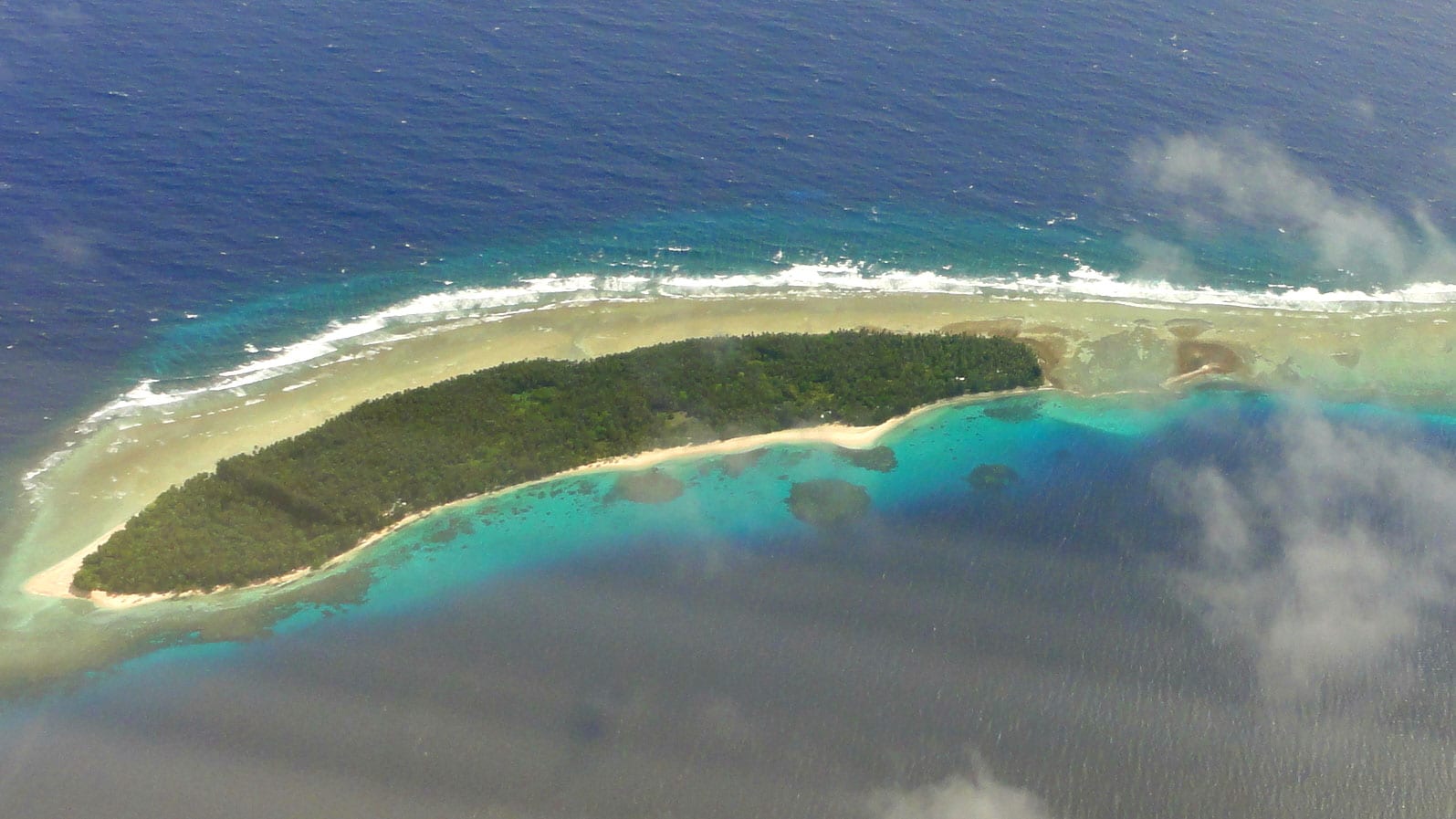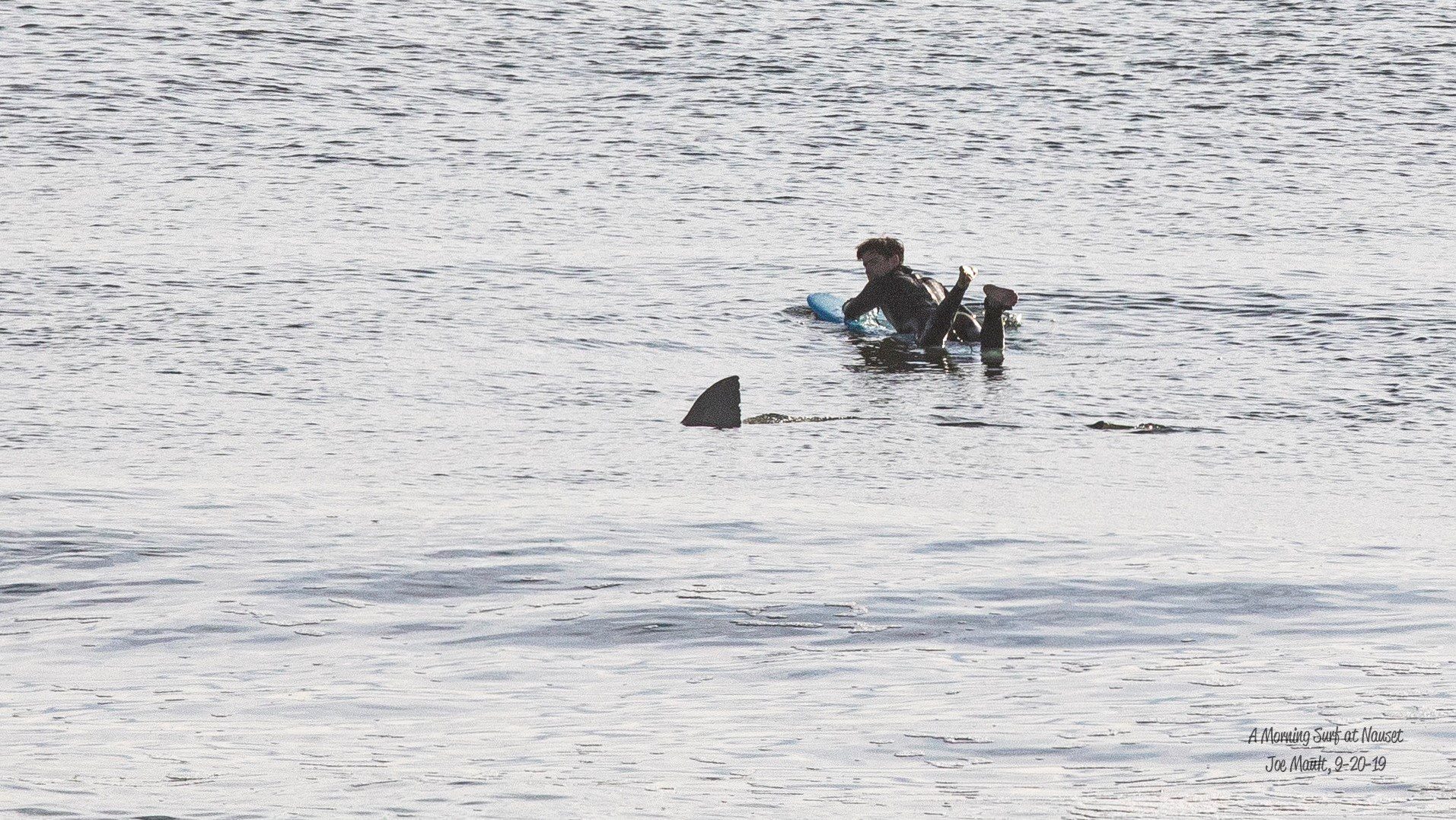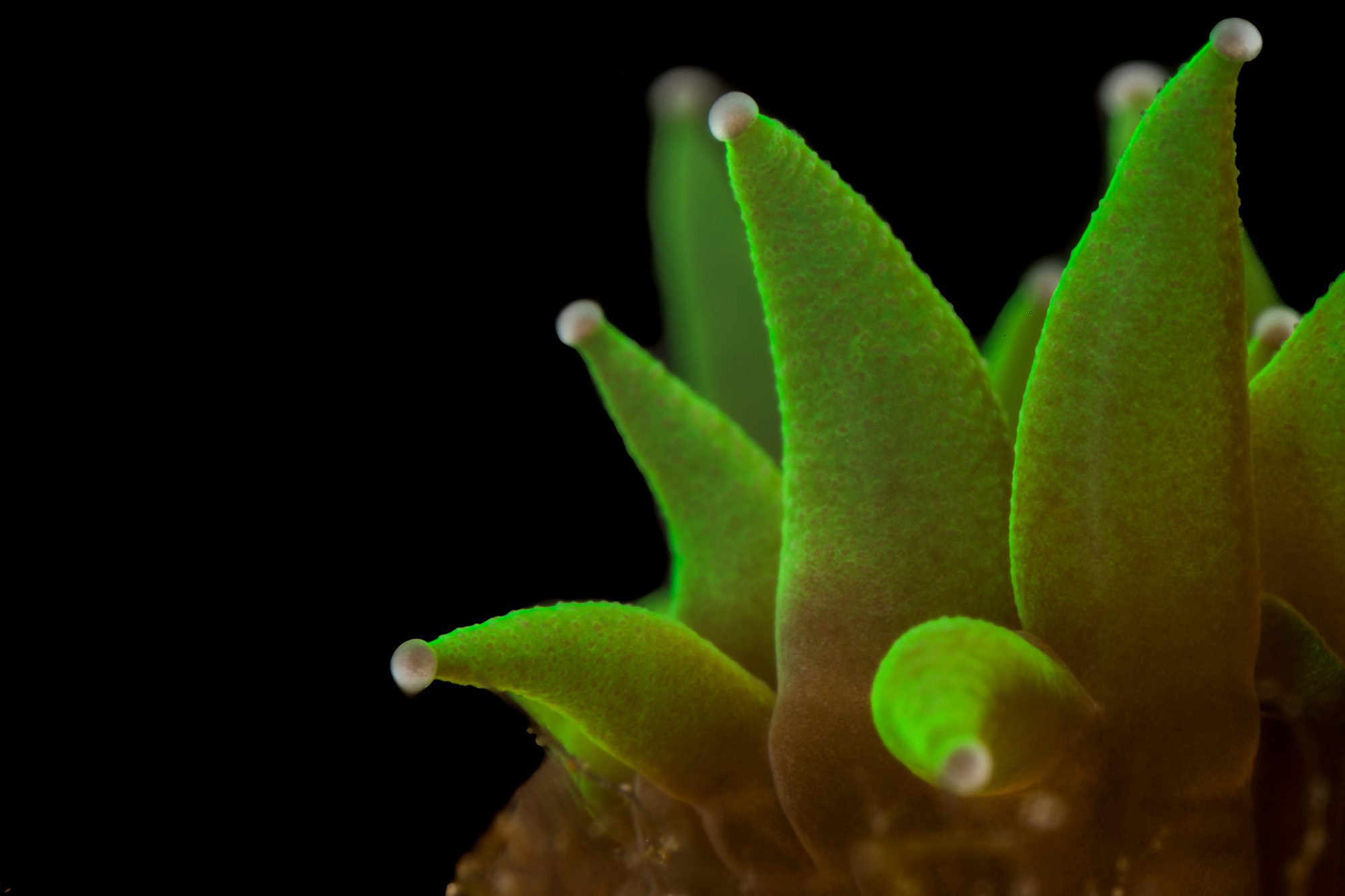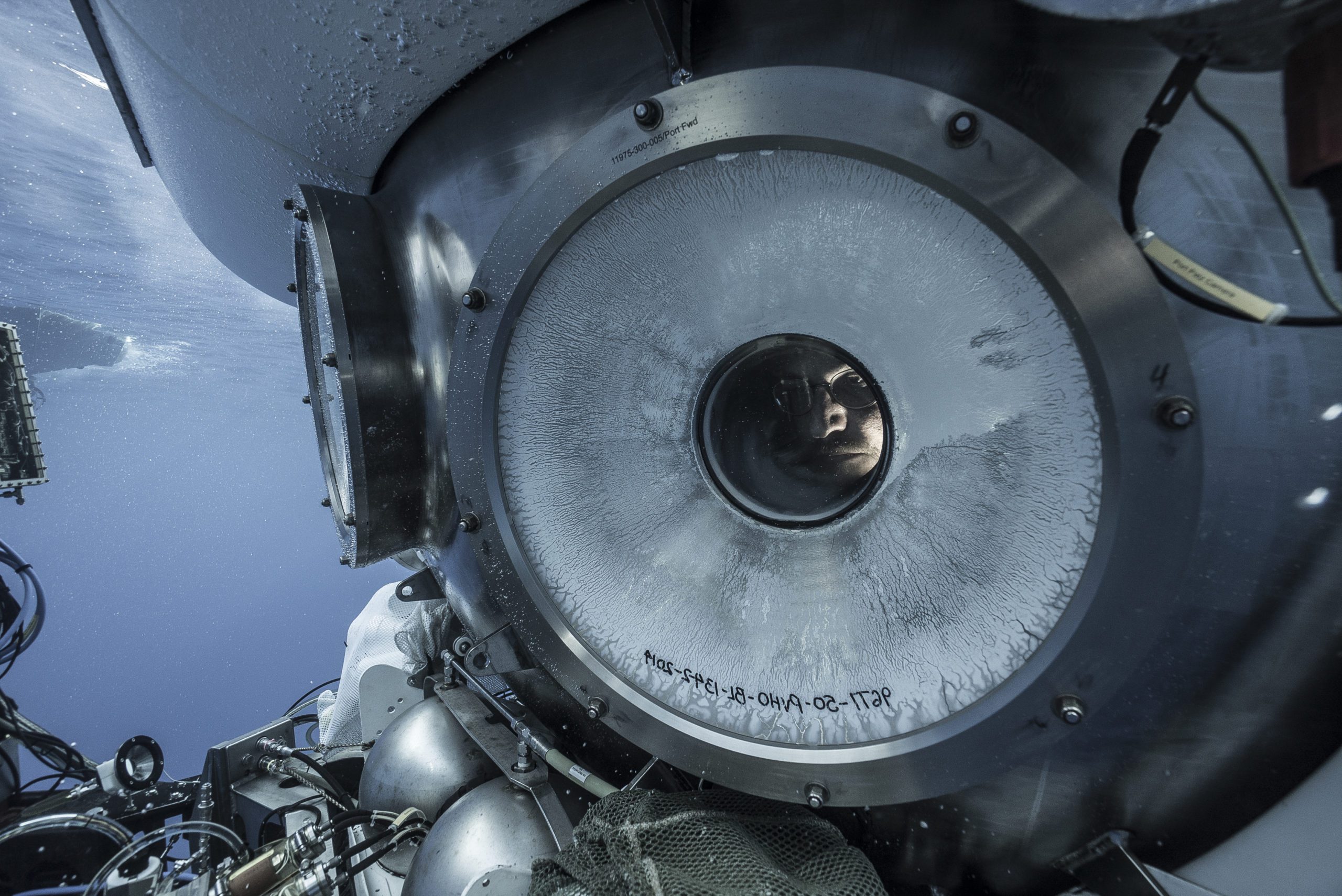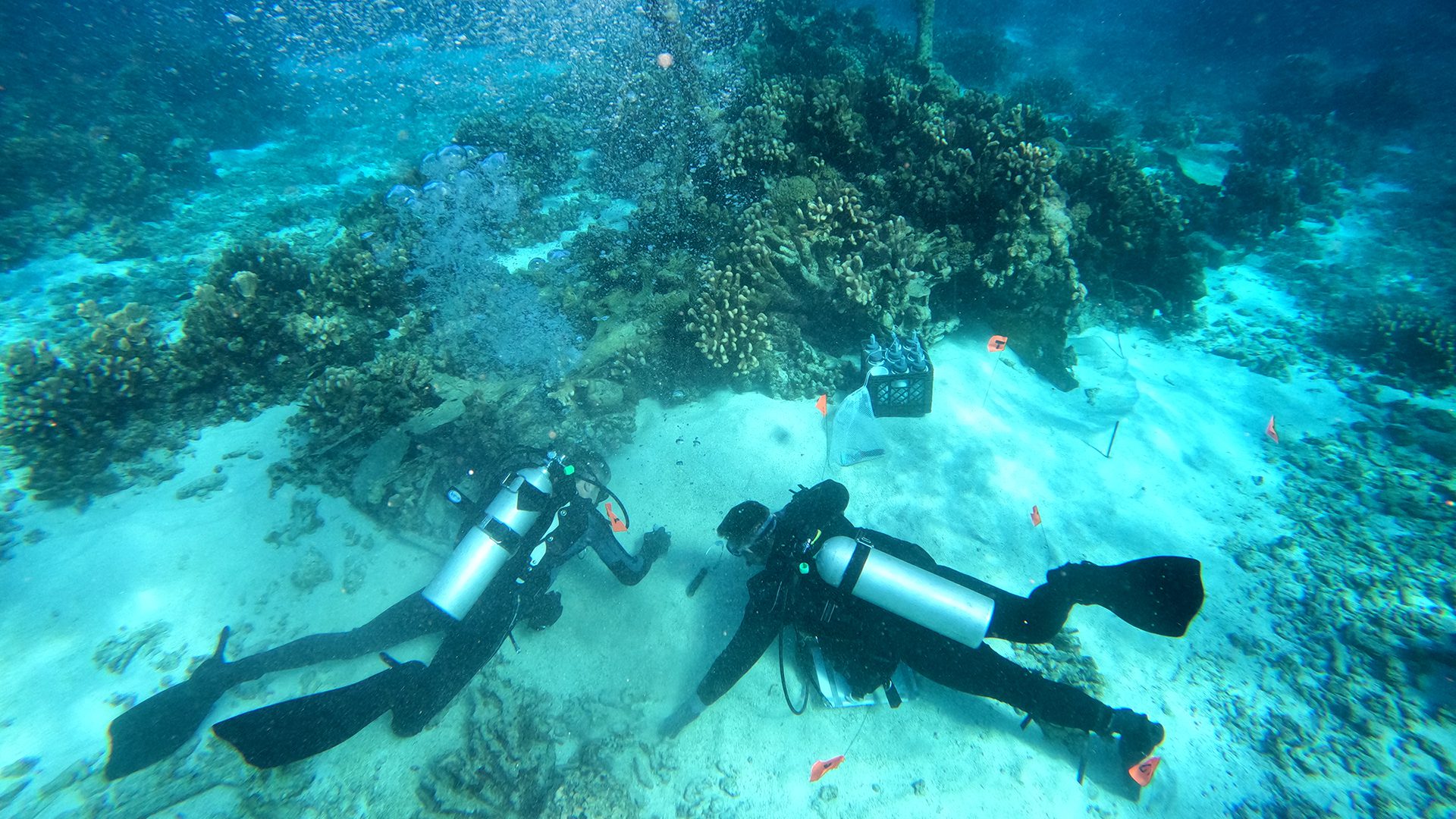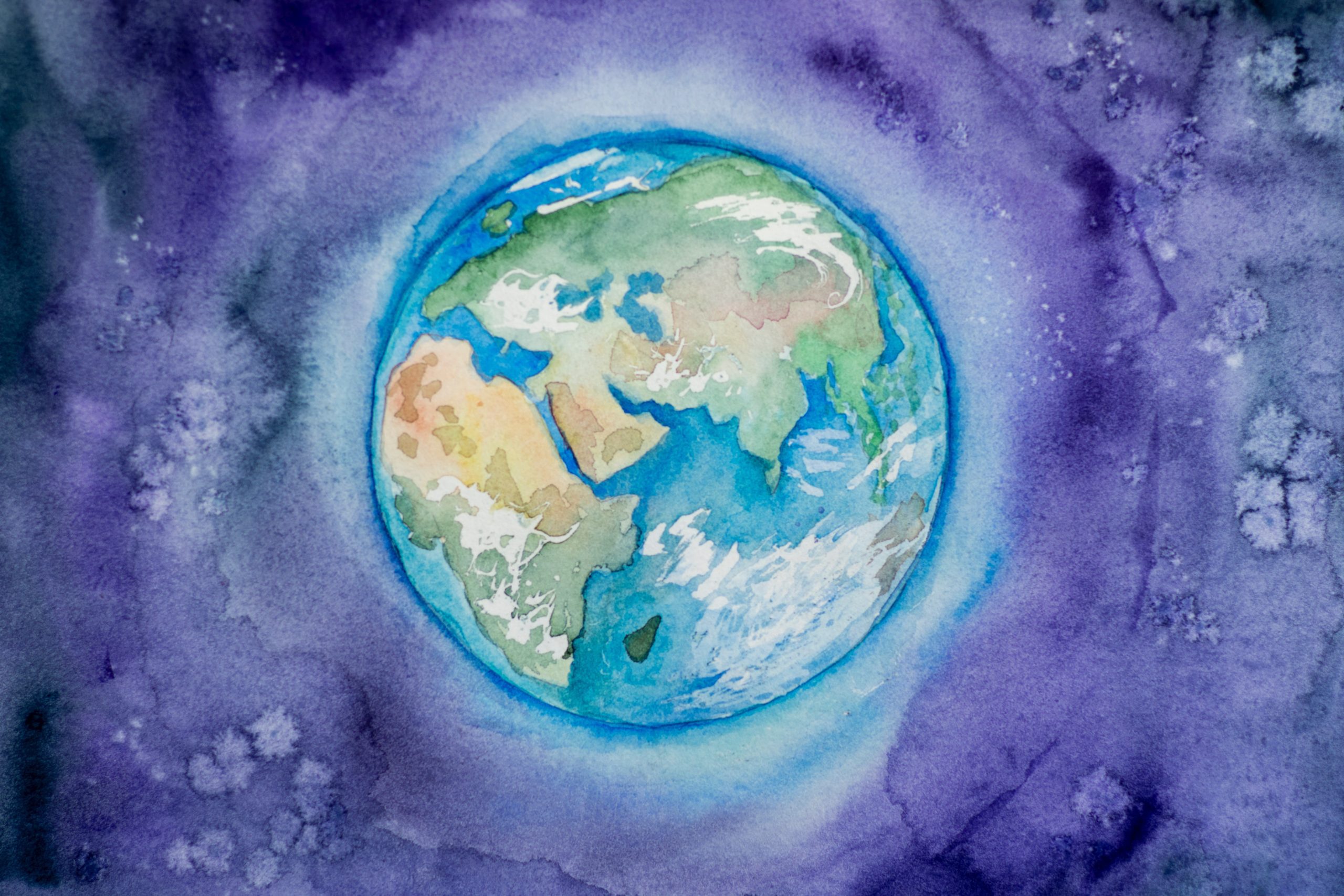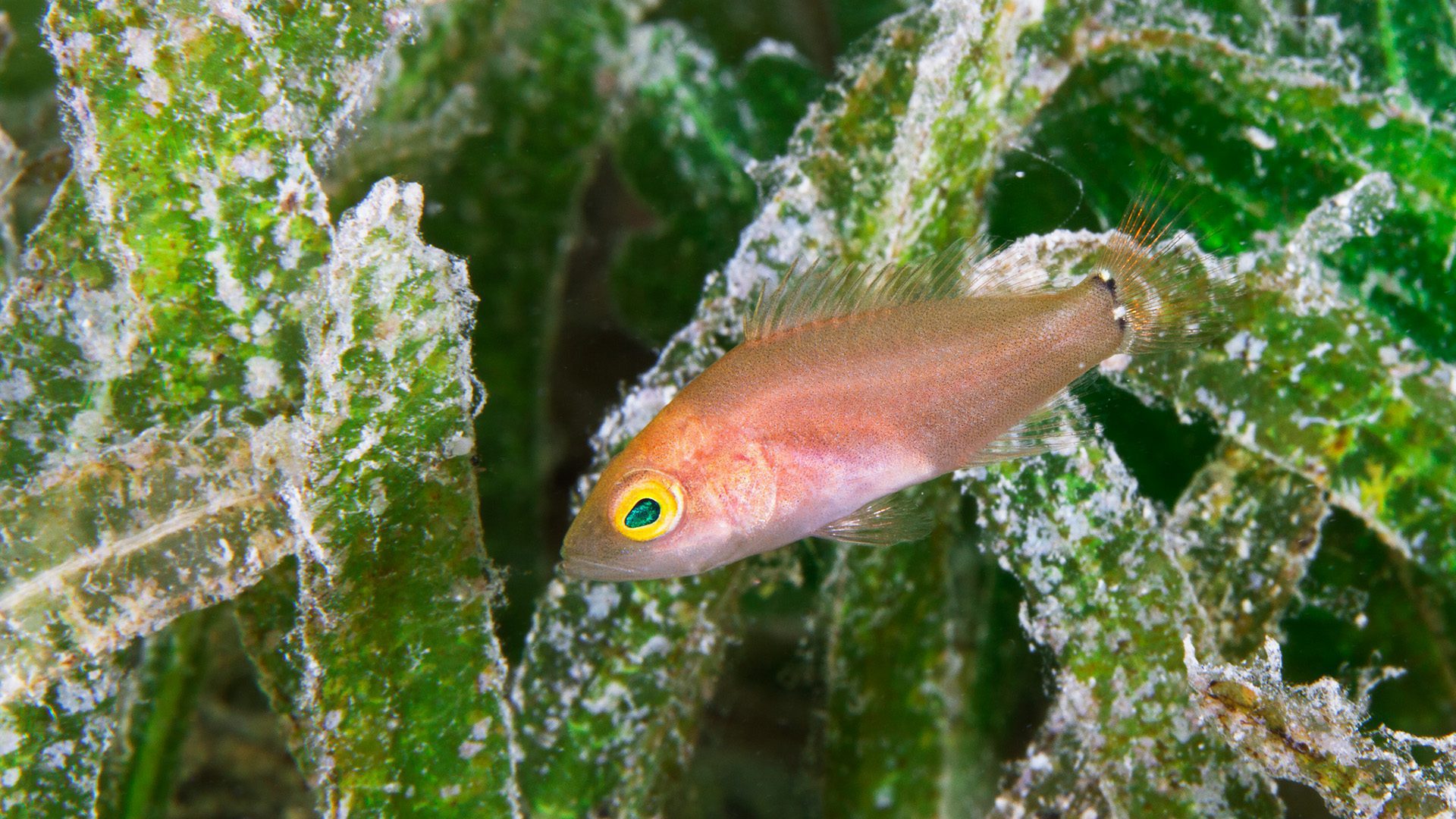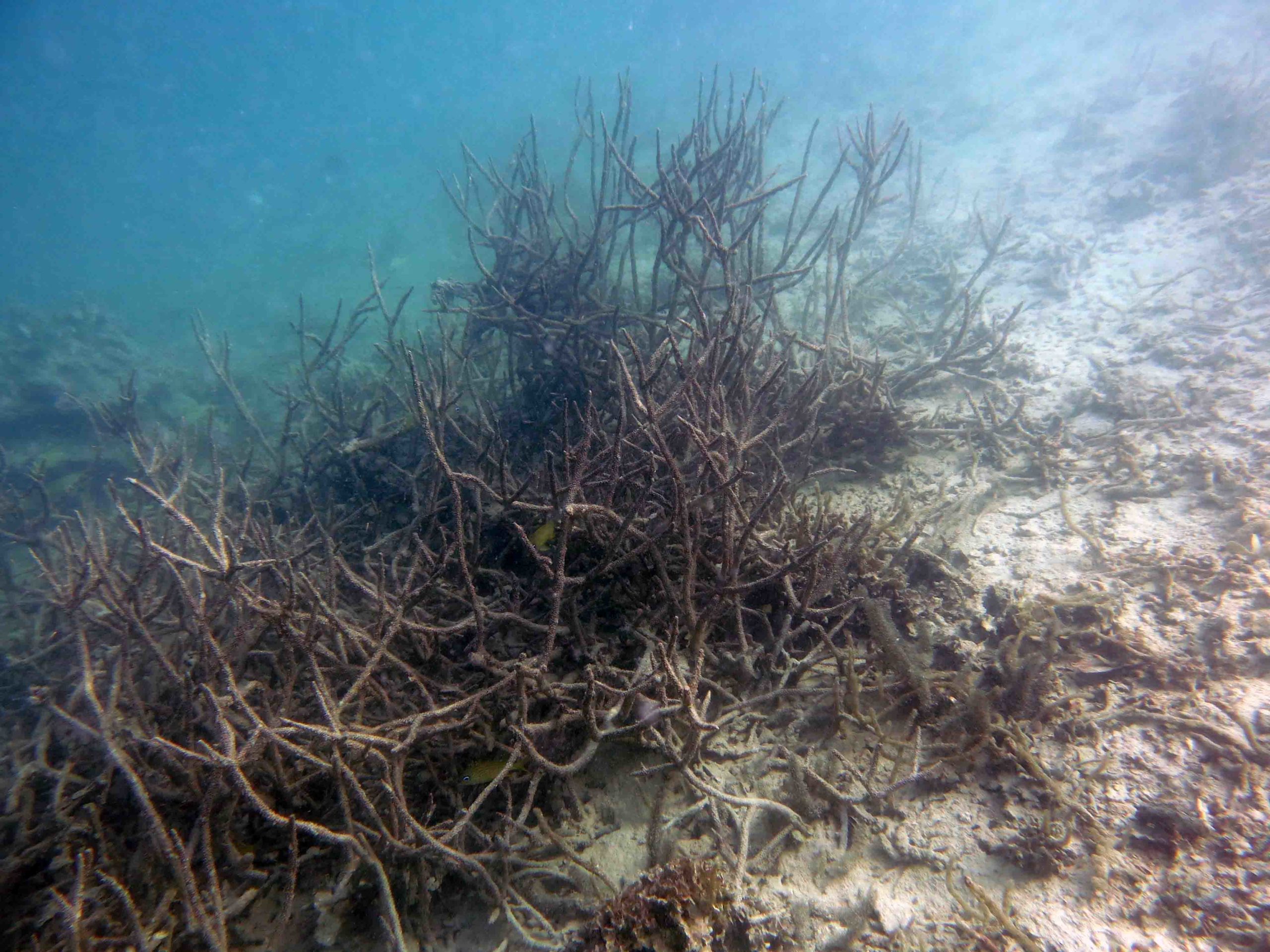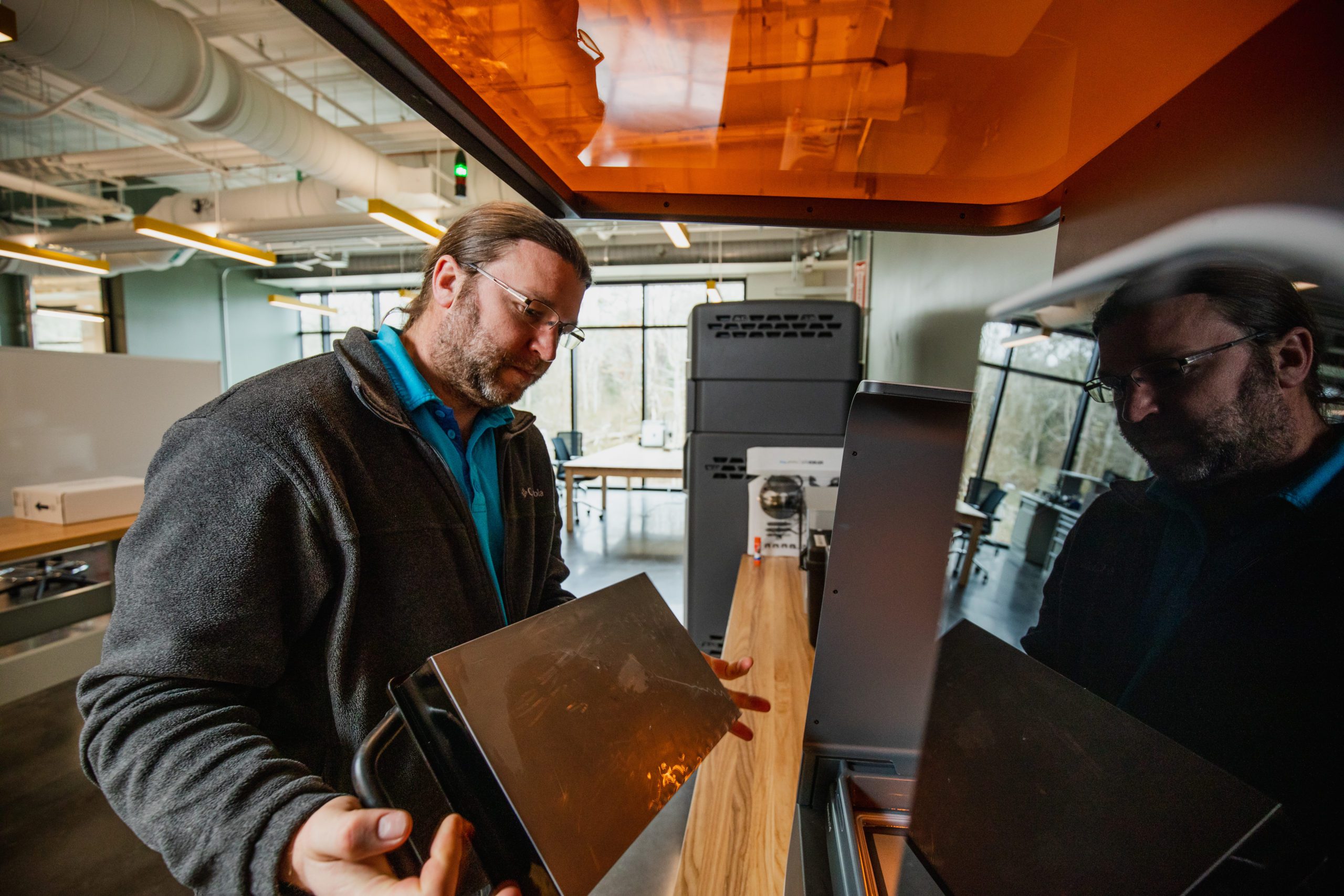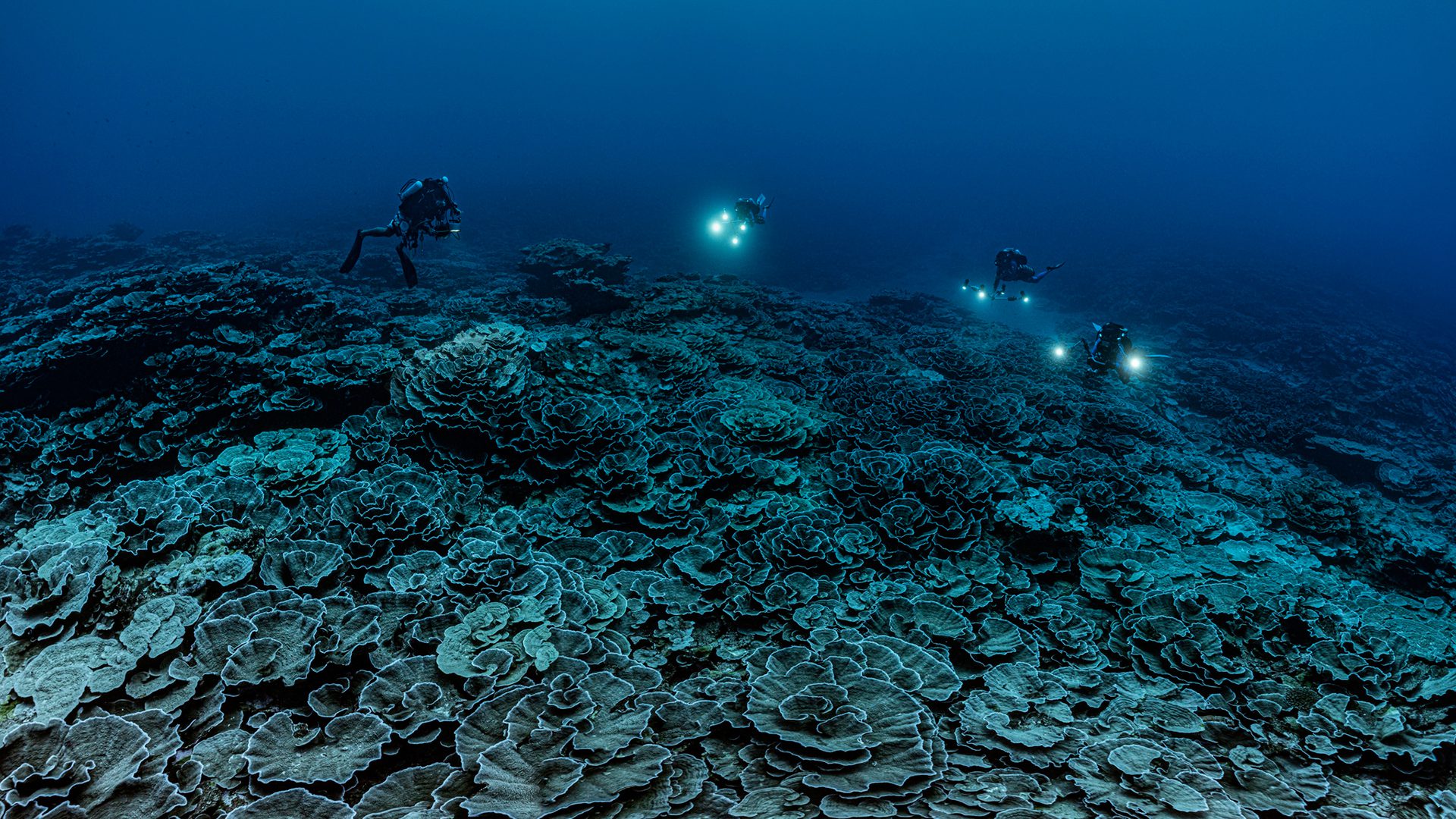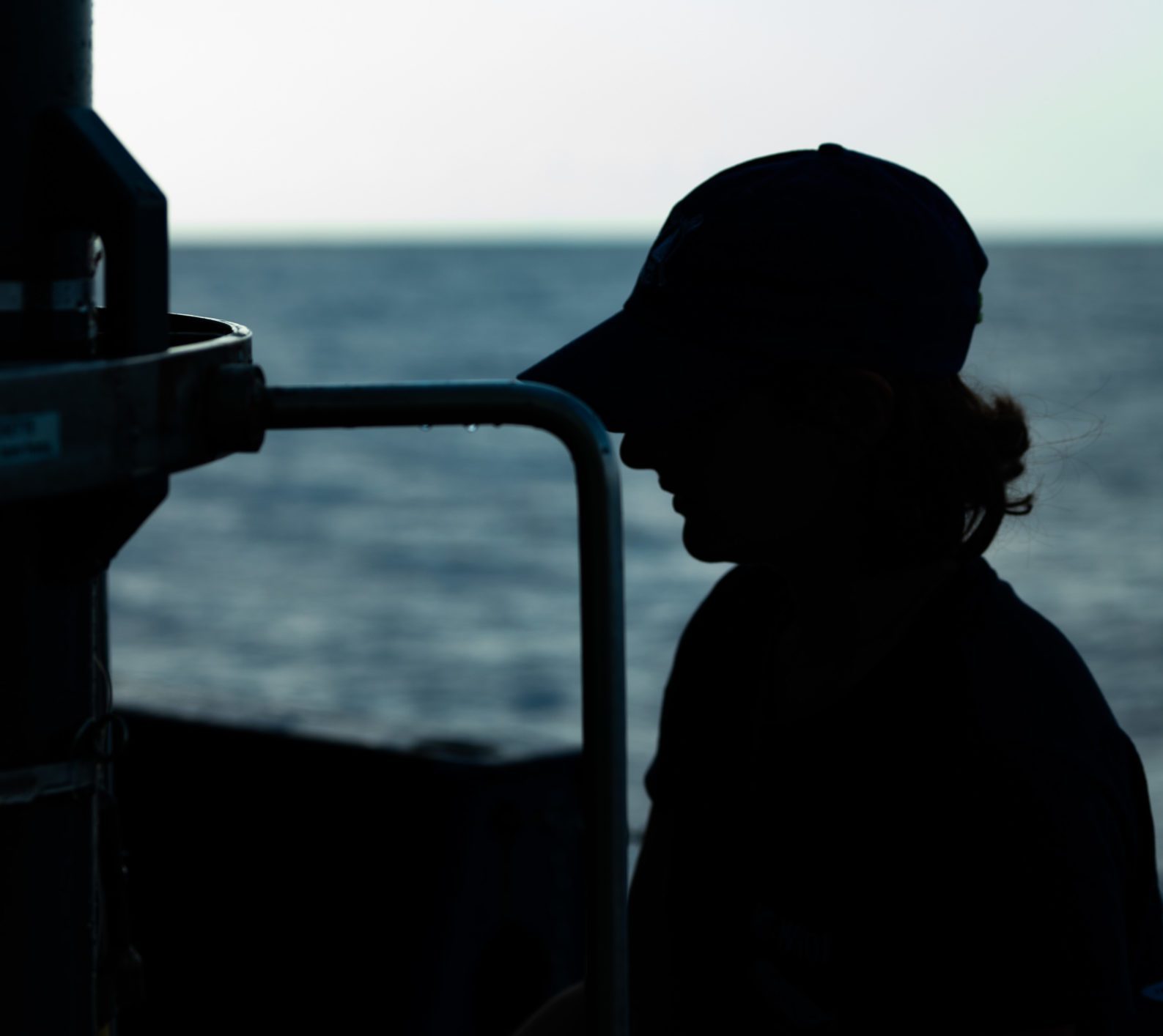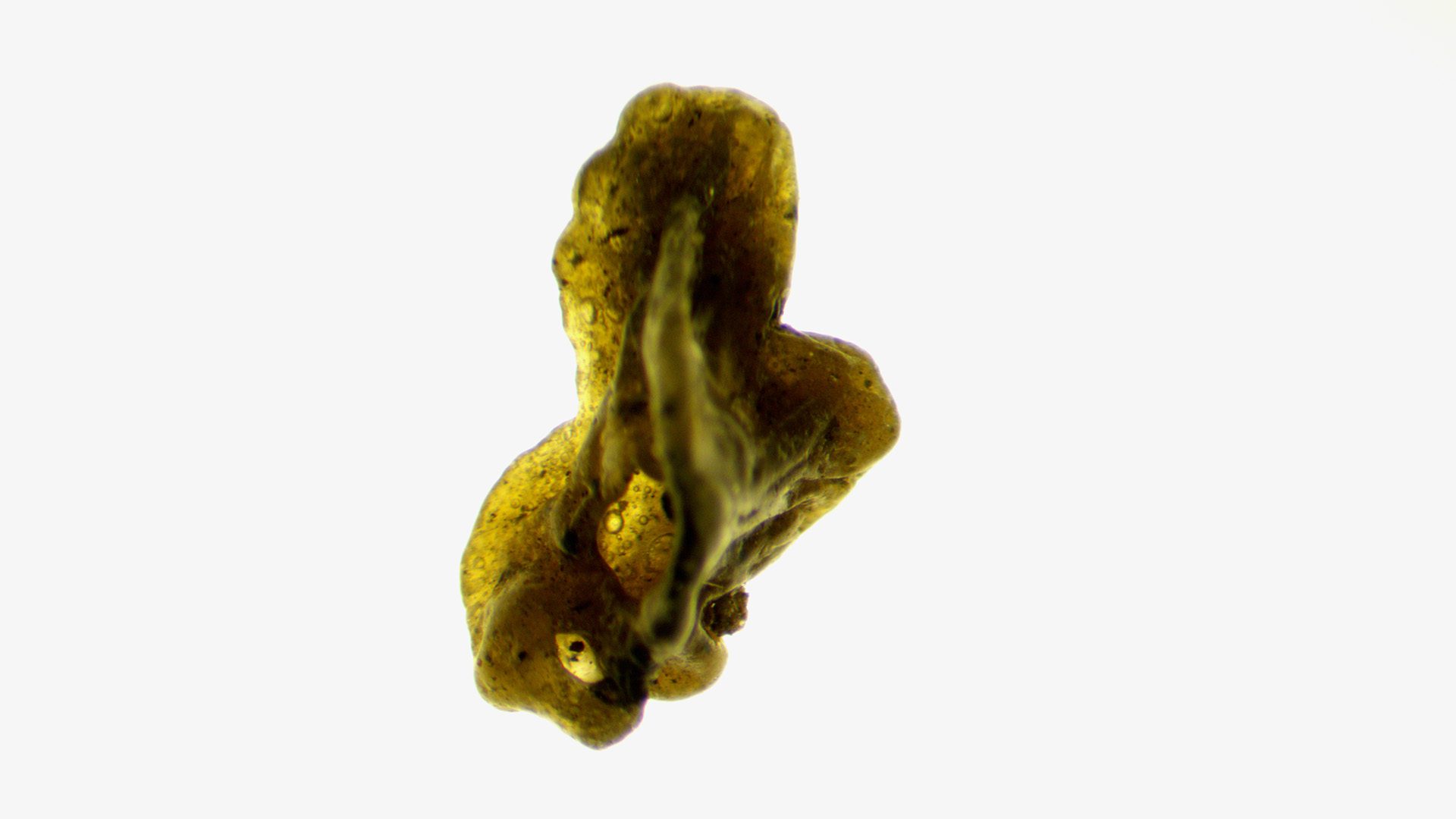Oceanus Online Archive
Edie Widder: A light in the darkness
By sharing her fascination with the luminous deep, explorer, author, and conservationist Edie Widder sheds light on why it matters.
Read MoreWho is Alvin and what are sea trials?
If you like the deep sea and exploring for science, you’re going to love Alvin!
Read MoreA toxic double whammy for sea anemones
Exposure to both oil and sunlight can be harmful to sea anemones
Read MoreInvasive tunicates have shellfish farmers crying “foul”
As shellfish farmers struggle with invasive tunicate invasions, scientists are trying to gain insight into the thermal tolerances for these strange critters and determine where they might show up next
Read MoreHow to study an underwater earthquake from shore
Scientist Chris German on a successful AUV Sentry mission when the science team could not travel to sea
Read MoreMeet the Sentry Team: Justin Fujii
Research engineer Justin Fujii on working with autonomous underwater vehicle Sentry
Read MoreCommercial ship tracks Gulf of Mexico’s hurricane heat potential
The vessel will help track hurricane intensity and other ocean conditions across the Loop Current on its regular route between Jamaica and New Orleans
Read More4 Potential Solutions for Corals in Crisis
Racing against the clock, WHOI researchers and colleagues are developing innovative solutions to rebuild reefs and improve coral resiliency–before it’s too late.
Read MoreCreating synergy through art and science
A collaboration between the Art League of Rhode Island and WHOI scientists transforms abstract concepts into engaging perspectives on our ocean world.
Read MoreHope for Corals in Crisis
The emerging science and technology that could give coral reefs a fighting chance
Read MoreNovel tool sheds light on coral reef erosion
Coral reefs are among the last lines of defense against coastal flooding.
Read MorePartly cloudy with a chance of sharks
Researchers develop ‘heat map’ shark forecast system to improve beachgoer safety
Read MoreReef architects
Exploring the many forms and functions of coral polyps with macro photography
Read More7 Places and Things Alvin Can Explore Now
With its new depth rating of 6500 meters (4 miles), WHOI’s human-occupied vehicle (HOV) Alvin is set to take scientists places they’ve never explored in person
Read MoreCan environmental DNA help us find lost US service members?
Ocean scientists explore how eDNA may be able to help find and identify lost military personnel in the ocean
Read MoreOn the crumbling edge
The race to ensure protection for the emperor penguin across the world
Read MoreFive ways to make every day Earth Day
What better way to help our ocean planet than reducing our impacts on land? Members of WHOI’s Sustainability Task Force recommend everyday lifestyle tweaks to help you “be green and go blue.”
Read MoreTracking dispersal of baby fish for better reef conservation
To improve marine protected areas, WHOI scientists study the traffic patterns of juvenile reef fish
Read MoreThe hypoxic reef
Scientists say a lack of oxygen might be stressing tropical reefs even more than warming temperatures, acidification, and pollution. But the combination of these factors spells disaster for coral.
Read MoreOCIA: Accelerating the pace of ocean-climate research
The first five projects funded by the Ocean Climate Innovation Accelerator (OCIA) are set to advance research at the intersection of oceans and climate.
Read MoreA bed of roses in the ocean
Flower-shaped corals blossoming off the island of Tahiti offer hope for reefs
Read More5 WHOI women making waves in ocean science and engineering
In celebration of Women’s History Month, we’re spotlighting a few scientists who have made a difference in the WHOI community and beyond
Read MoreWHOI scientists discuss the chemistry behind Sri Lanka’s flaming plastic spill
Eight months after the M/V X-Press Pearl disaster in Sri Lanka, WHOI investigators talk about their research on the unique chemistry of the spilled plastic nurdles
Read More